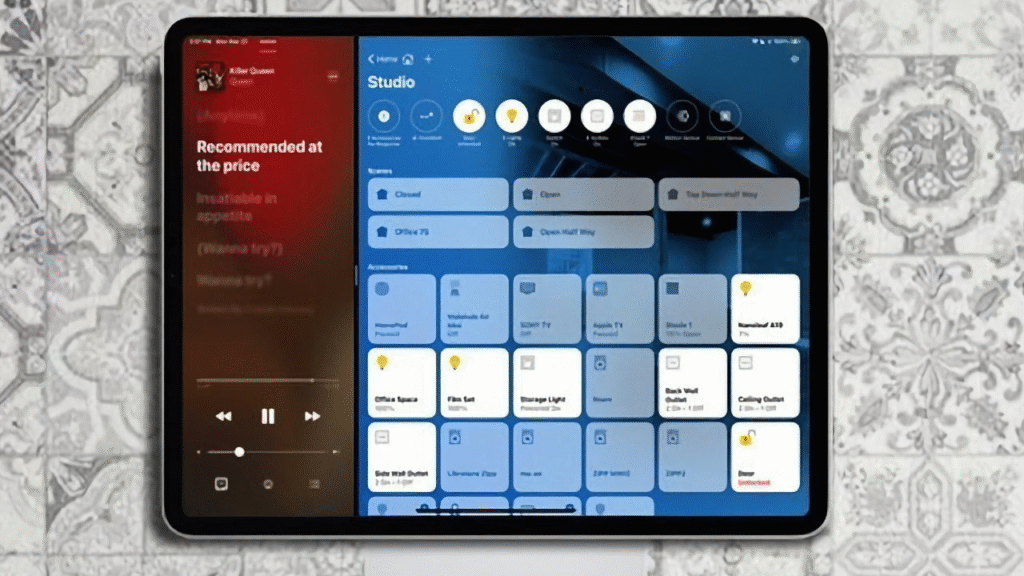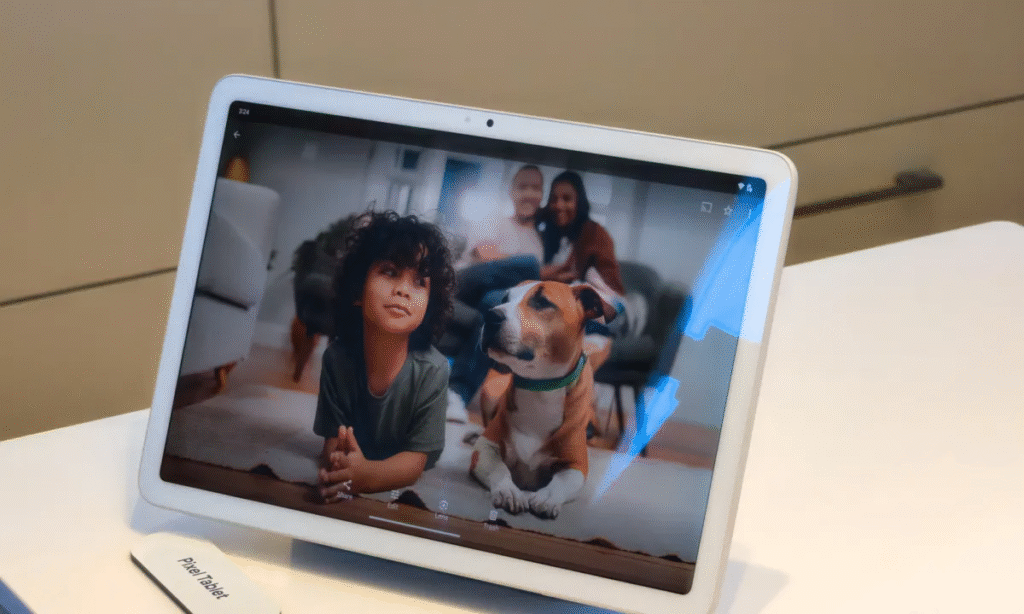Apple has delayed the debut of its HomeOS software and new smart home devices until spring 2026. The company now plans to show off its full smart home platform and supporting hardware ahead of its annual developer event. This shift comes as Apple works to upgrade Siri and its underlying AI systems first.
Launch Timing
Bloomberg reports that Apple will roll out HomeOS after it introduces an upgraded Siri. The new Siri will have deeper context awareness and chat capabilities. It will learn from what users are doing across apps. Apple wants Siri to feel like an always-on assistant. The company expects this Siri update in early 2026. Soon after the new Siri arrives, Apple will reveal HomeOS and the hardware to run it.

What is HomeOS
HomeOS is Apple’s own home automation software. It will power a new hub device that sits on a table or shelf. The hub will let users control lights, heating, security cameras, and other devices. It will tie all of these into one unified view. HomeOS will run on Apple-made hardware and other compatible devices. It will speak to devices over Thread to create a mesh network inside the home. This means a light switch can pass a message on to a smart lock and then to the hub and back to Siri.
Required Upgrades
Apple has been working on new AI features under the name Apple Intelligence. The same models now in developer hands will power the smarter Siri. A key piece is the Foundation Models Framework. This lets app makers use Apple’s AI computer vision and language tools. The new Siri and AI must be ready and stable before HomeOS can work at its best.
Hardware Plans
Apple plans a new Home Hub with a screen that looks like a small iPad. It may sit on a swivel base so users can see it from many angles. The hub could include a robotic arm for small tasks like picking up items or guiding a camera. Other home products may follow. All of them will use Thread so devices can talk to each other directly. Companies such as Ikea already add Thread chips to their sensors and bulbs. Apple will tie these into HomeOS, so many brands will work together.
Impact on Smart Home
A unified HomeOS could give Apple a lead in the smart home field. Many users now juggle multiple apps to control different brands of devices. HomeOS aims to bring them into one system. If Apple opens APIs to developers, it could see many home accessories adopt HomeOS support. That would mean lights, locks, shade, and more all work from the same app and the same Siri commands.

Apple still treats HomeOS as a key future platform. By unveiling it before WWDC, the company can give developers time to prepare. It also leaves room to polish major updates in time for the summer event. In spring of 2026, users will get their first look at what Apple calls the next big wave of home innovation.





